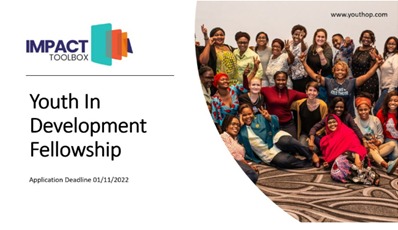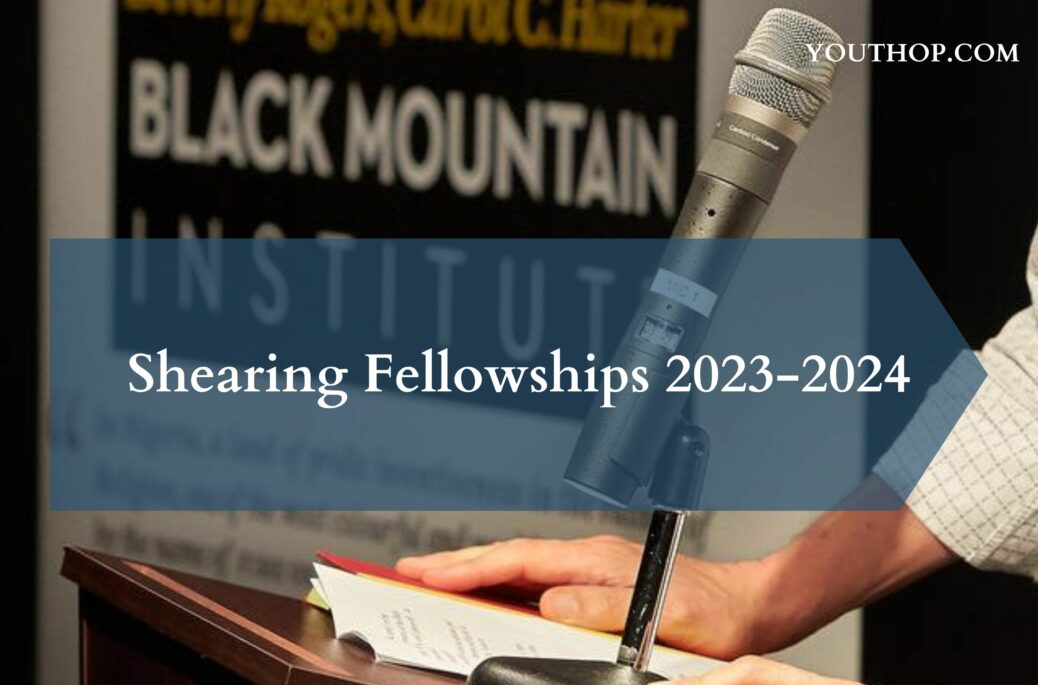Why climate change negotiators should look to cities
November 12, 2015

Next month, the discussion in the United Nations climate meetings in Paris — also known as COP21 — will mostly focus on countrywide policies. But city climate issues should also inform and be supported by actions at the negotiating table.
Cities often offer a politically feasible, field-tested way to dramatically reduce global greenhouse gas emissions while saving money, growing the economy and sidestepping political gridlock.
The numbers speak for themselves. Although cities occupy just 2 percent of the world’s surface area, they generate 70 percent of the global greenhouse gas emissions and 85 percent of the global gross domestic product.
Those are huge numbers and they’re poised to get much bigger. Cities already contain more than half of the world’s population, and are growing exponentially. Thus, climate action or inaction at the city level is likely to have at least as big of an impact on climate change as the policy work done on the international scale.
How can cities lead the way?
Fortunately, many cities are politically positioned to make big changes that in some cases their countries will not even consider. The reasons for this are simple: People living in cities tend to be more progressive than the surrounding population; progressive voters elect progressive leaders; these local leaders not only have more local support to act on climate change, but often they also have more political maneuverability. Compared to their national counterparts, they often are less beholden to national and international big-money interests. Moreover, city leaders have the power to pioneer and actually implement innovative policies — and, in many cases, already have.
The transportation policies in Portland, Oregon, where I served as mayor, provide a strong example. Thanks to the work of many city leaders, Portland in recent years has become much more bike-friendly, walkable and transit-accessible. The result? Portlanders drive less than the average American metro resident. This reduces greenhouse emissions by 1.4 million tons a year. Portland residents get to breathe cleaner air, enjoy better health, and avoid spending more than a billion dollars in fuel and auto maintenance. Instead of money going to far-away out-of-city refineries and energy producers, more of it stays in the budgets of Portland households and the local economy.
When one city makes a sensible change that works, other cities often follow. In 2005, Mexico City launched the “Metrobus” bus rapid transit system. The first of its kind in Mexico, Metrobus today serves 1 million riders a day, reduces carbon dioxide emissions by 122,000 tons per year, and vehicular accidents have dropped by 20 percent. Leaders from other cities took note: Since Metrobus’s inception, eight cities in Mexico have launched BRT systems of their own. Sustainable policies are sensible, and because of that they’re contagious.
In the coming decades, the need and opportunity to craft and implement such transformative urban policies are only going to grow. More than three quarters of global infrastructure needed by 2050 has yet to be built. The New Climate Economy initiative estimates smart building policies would dramatically reduce carbon pollution and save the global community $3 trillion.
The trade-off between urban climate smart versus job smart options? There isn’t one. Urban sustainability most often pays for itself, generating between 20 and 50 times the initial costs in outside capital investments. That’s because these economic savings do not come at the expense of jobs — the savings create jobs.
Renewable energy projects like distributed solar projects generate lasting and reliable jobs that can’t be outsourced. They coax capital investment into a city, rather than sending it out to oil derricks or fracking rigs. Likewise, increasing energy efficiency can pay long-term direct dividends to local households and local economies.
When families have to spend less to heat their homes and power their appliances, they can spend more in their communities. This drives local economic growth and creates a self-reinforcing cycle that increases standards of living and decreases harmful emissions, especially now that the average costs of generating clean energy are often on par with fossil fuel costs.
As negotiators in Paris bring us closer to achieving an international plan to stop disastrous climate change, they should seek guidance from — and provide support to — city leaders.
Cities are responsible for most of the world’s greenhouse gas emissions. Cities can strike deals that countries cannot. They can implement policies that are needed but — on a countrywide scale — are politically unfeasible. Policies tested in one city have the potential to be scaled-up across a country, a region and — ultimately — the globe.
City leaders have the potential to help negotiators break through any disagreements and gridlock and put us on a path to more resilience and prosperity.
Source; devex.com



















